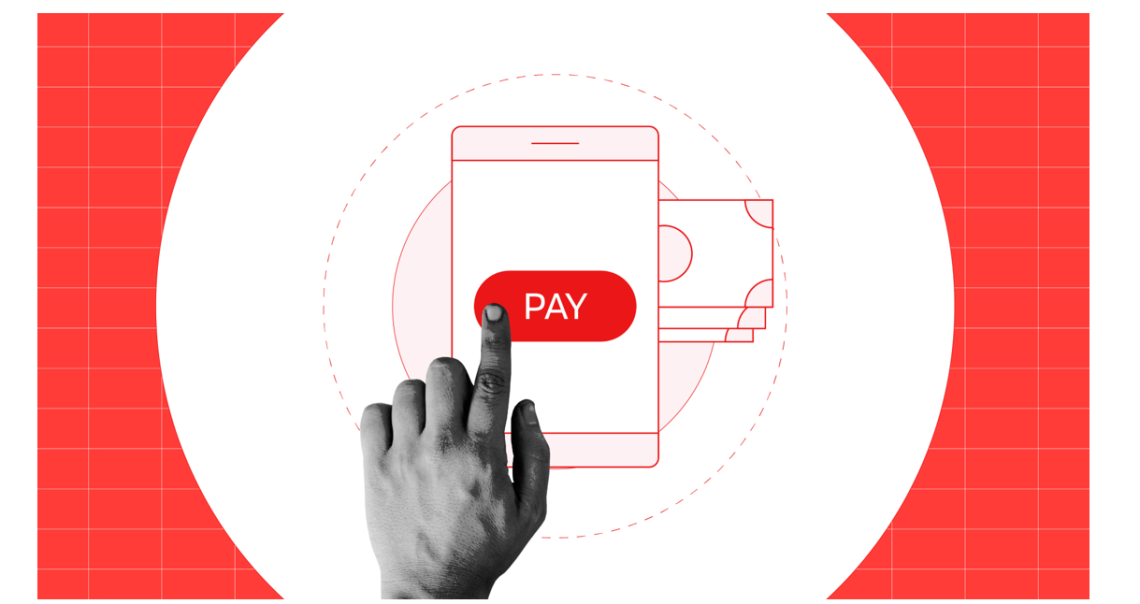In 2023, the unemployment rate in Africa was 7.7 percent, with over 1.4 billion people. This equates to 112 million Africans being without jobs, unemployed, or unable to work in traditional roles. This situation has led to the expansion of the gig economy in Africa.
A survey by the Mastercard Foundation revealed that the gig economy in Africa is growing at a rate of 20 percent annually and is projected to reach 80 million gig workers by 2030. Factors such as the COVID-19 pandemic, technological advancements, increased internet usage, and the growth of e-commerce have contributed to this rise in demand for freelancers in fields like web development, graphic design, content creation, and digital marketing.
According to Statista, the gig economy could generate transaction volumes exceeding USD455 billion this year. Trends like smartphone adoption and improved internet access, along with advancements in technology such as big data, AI, Cloud, and mobile tech, have played significant roles in fueling the gig economy’s growth.
Embedded payments have emerged as a key factor driving the popularity of the gig economy in Africa. Gig workers expect prompt payouts, and embedded finance enables employers to manage cash flow while enhancing engagement, retention, and revenue.
Embedded finance allows gig platforms to offer workers:
- Instant payouts: Ensuring workers receive payment immediately upon completing a task.
- Cash advances: Providing access to funds, particularly for workers without established credit histories.
- Financial security: Offering faster payouts for greater financial stability and confidence.
- Payment flexibility: Allowing workers to choose payment methods and structures.
The introduction of embedded payments is reshaping the gig economy’s future by providing seamless payment experiences that meet workers’ needs and accelerate the work cycle.
Enhancing Gig Worker Loyalty The gig economy operates on a transactional basis, emphasizing the need for efficient and seamless work cycles to retain workers. Real-time payments contribute to a positive experience and foster loyalty among gig workers.
Improving Management Efficiency As businesses increasingly rely on gig workers, efficient payment processes become crucial. Real-time payment technology helps streamline payment management and reduce administrative burdens.
Empowering Flexible Earning Opportunities Real-time payment technology enables gig workers to access earnings according to their preferences, encouraging more individuals to participate in gig work and maximize their earning potential.
In conclusion, the gig economy is expanding rapidly in Africa, with embedded payments playing a crucial role in facilitating seamless transactions for gig workers through digital platforms. Understanding the significance of embedded payments in driving the gig economy’s growth and leveraging them for business is essential for businesses operating in this space.
Source: Techeconomy

